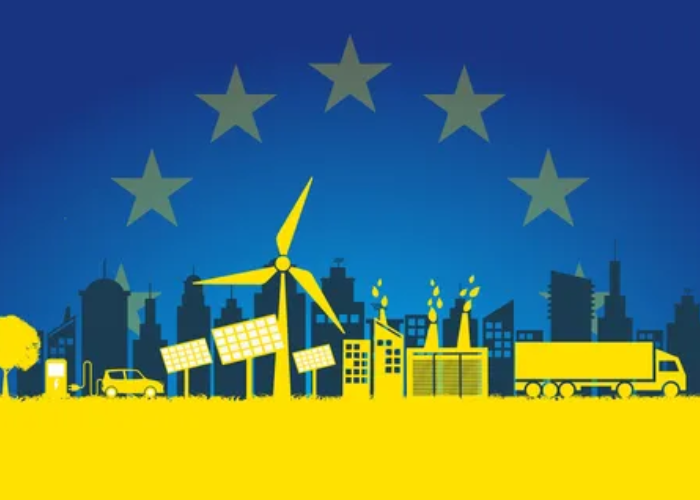Green subsidiesBY ANTONIO PICASSO
- 22 February 2023
- Posted by: Competere
- Categories: highlights, Media, News

The Green Deal Industrial Plan aims to simplify procedures, but access to subsidies will be a privilege for those who need it the least.
In German, debt (Schulden) and guilt (Schuld) have the same etymological root. As if to say that those who incur a material debt should also feel a moral debt to repay it as soon as possible. This lexical and ethical perspective can help understand the new internal conflict within Europe on green subsidies.
THE AIMS OF EU SUBSIDIES
EU green subsidies aim to promote sustainability and the shift towards a green economy. In the short term, they should try to mitigate the impacts of the economic crisis caused by Russian aggression in Ukraine, respond to global competition (see China’s new protectionist policies), and United States’ Inflation Reduction Act (IRA). Moreover, with a strategic overview, they should provide financial support for manufacturing clusters that are adopting digital innovations, technologies, and artificial intelligence (AI) to reduce their carbon footprint and increase their energy efficiency.
EU subsidies are supported by countries that are confident they will be the right formula to achieve all these targets together. Specifically, they should encourage investment in renewable energy sources, create new jobs, reduce dependence on fossil fuels, and help mitigate the impacts of climate change.
WHICH ARE THE COSTS?
On the other hand, some countries are concerned about the costs of the subsidies, and are sure that the private sector, not governments or EU institutions, should be responsible for funding renewable energy development. In a letter to the Commission, in December 2022, Denmark, Finland, Ireland, the Netherlands, Poland and Sweden wrote: “State aid for the mass production and commercial activities can lead to significant negative effects including the fragmentation of the internal market, harmful subsidy races and weakening of regional development”. The message is clear: be careful, because subsidies lead debt, which creates guilt.
The internal conflict within the EU is nothing new and coexists with the proverbial distorted identity that makes the Union a good regulator, but not a political animal.
However, the proposal to trigger a subsidy policy could ease the situation. If it weren’t for the internal regulations and the international scenario in which the EU is operating. It is true: the Green Deal Industrial Plan aims for a simplification of procedures. However, without a structural intervention upstream there is a risk that access to the subsidies provided will be truly a privilege for those who need it the least.
In a European Union that insists on not tackling the issues of common debt and taxation – a dossier on which the sovereignty of each individual member state would be further called into question – the financing of industrial investments in a green key is more for the sake of gaining consensus from the environmentally sensitive electorate, rather than serving as a true industrial policy, aimed at enhancing the continent’s manufacturing champions.
WHAT SHOULD THE EU DO?
In such an international scenario – with China and the USA waiting for nothing more than to unleash their production locomotives, sure to easily overtake us – wouldn’t it make more sense to talk about industrial policy, encompassing all productive sectors and tackling the structural reforms needed to be a true global economic power?
Instead, amidst tightening regulations on deforesting products entering Europe, anti-packaging measures and the still unclear measures under the Carbon Border Adjustment Mechanism (CBAM), Brussels presses ahead with sanctioning practices. On the other hand, it promotes sustainability policies that only in principle respect this concept. This confirms once again that the bureaucratic cage is the best comfort zone in which Europe does not feel guilty (or in debt) with anyone.
.
>> Read Green Deal Industrial Plan: Brussel’s bureaucratic cage <<
Article published by the Austrian Economic Center
Image credit: Politico <<<
